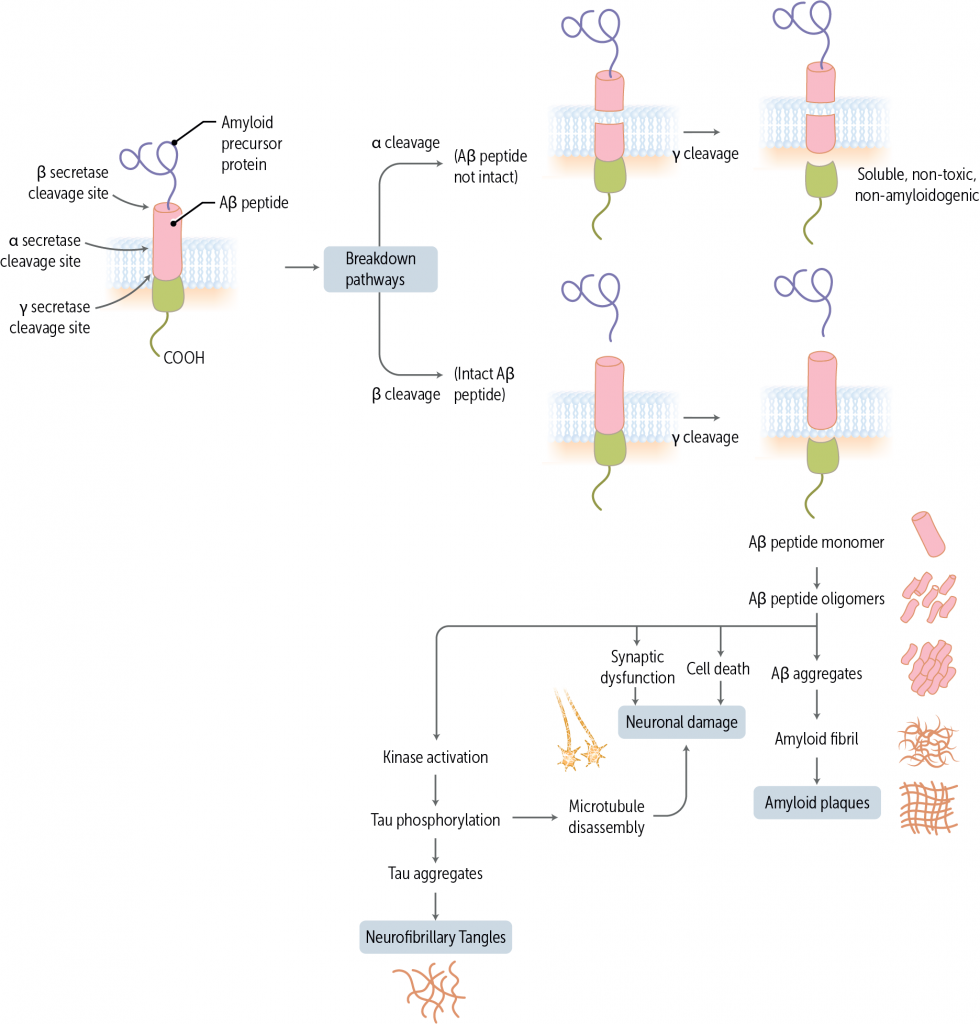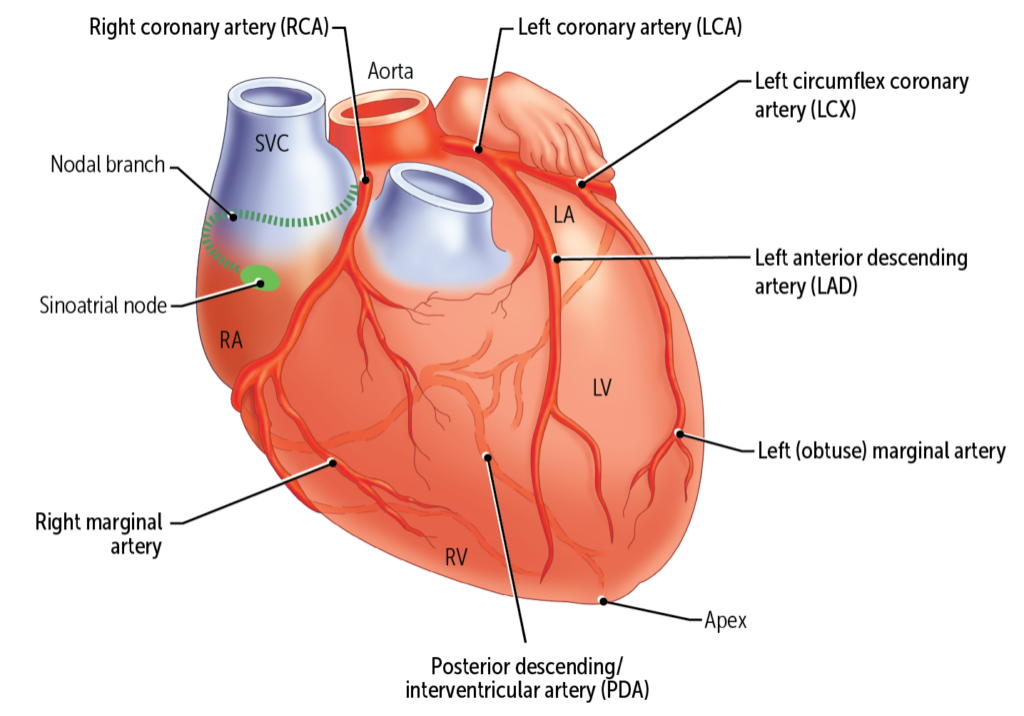Neurodegenerative diseases are a group of relatively common, progressive neurologic conditions that tend to affect people as they age. Basically, neurons in the brain die, causing functional losses. The part of the brain affected determines whether patients will experience dementia (deteriorated cognitive function), psychiatric disturbances, problems with movement, or a combination of these. These conditions usually are incurable.
In this AudioBrick, we’ll cover the foundations and framework of neurodegenerative diseases, including Alzheimer disease, Parkinson disease, Lewy body dementia, Huntington disease, amyotrophic lateral sclerosis, and Creutzfeldt-Jakob disease.
After listening to this AudioBrick, you should be able to:
- List the main neurodegenerative diseases.1
- Explain the mechanism of protein aggregation and neuronal loss that underlies all neurodegenerative diseases.2
- Describe common misfolded proteins pathogenic to degenerative central nervous system (CNS) disease, including hyperphosphorylated tau, amyloid, Lewy bodies, and prions.3
- Compare the clinical presentation, pathogenic abnormal proteins, and CNS locations of Alzheimer disease, Parkinson disease, Lewy body dementia, Huntington disease, amyotrophic lateral sclerosis, and Creutzfeldt-Jakob disease.
If you haven’t subscribed to the Rx Bricks Podcast, we suggest you do it today!
Head to the homepage for the Rx Bricks Podcast to hear the full episode and subscribe so that you’re notified when the next one drops.




